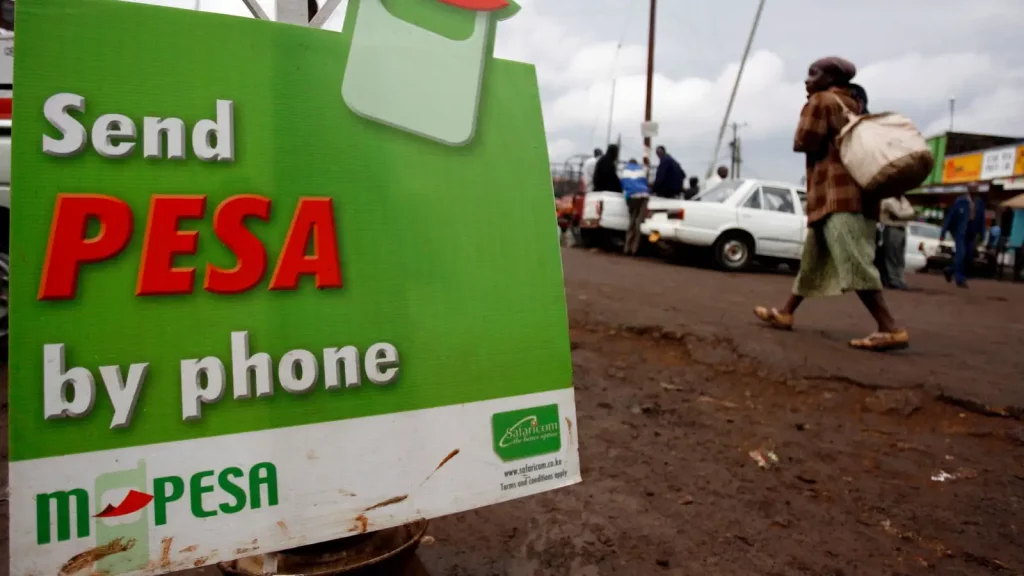South Africa recorded a 600% increase in fraud cases between 2018 and 2022.
According to statistics from the Southern African Fraud Prevention Service (SAFPS), there was a 600% increase in incidents of fraud reported by their members in 2022 when compared to 2018.
In order to tackle this growing problem of fraud, the SAFPS has launched a fraud prevention protocol called Yima, which seeks to educate the broader public who may be susceptible to fraudsters.
According to Nazia Karrim, head of product development at the SAFPS, Yima will establish a proactive approach to combating fraud and scams.
“In response to the growing need for a proactive approach to fraud prevention, the SAFPS is developing a product called Yima. Once launched, the product’s website will be a one-stop-shop for South Africans to report scams, secure their identity, and scan any website for vulnerabilities related to scams. They will also be able to educate themselves on identifying a scam,” says Karrim in a statement. “These tools will enable consumers to surf the net more confidently and go about their daily lives aware and informed. These are just some exciting elements South Africans can access through the site.”
The main element of the website will be the ability to report a scam incident or any suspicious activity to the SAFPS. This suspicious activity includes a fake or suspect-looking online shopping website/portal and instances where the user has received phoney banking information.
These reports will be collated and shared with law enforcement for investigation. Users will also be provided with a scams hotline to report a fraud incident directly to their banks, retailers or insurance companies via a single number. Users will only need to remember one number rather than search for each institution’s contact numbers online.
Additionally, Yima users will have access to the consumer products and services offered by the SAFPS.
On top of the meteoric rise in fraud cases, in a report last month, INTERPOL also gave South Africa the unwanted title of the cybercrime hub of Africa, with the country recording over 230 million incidents.




















